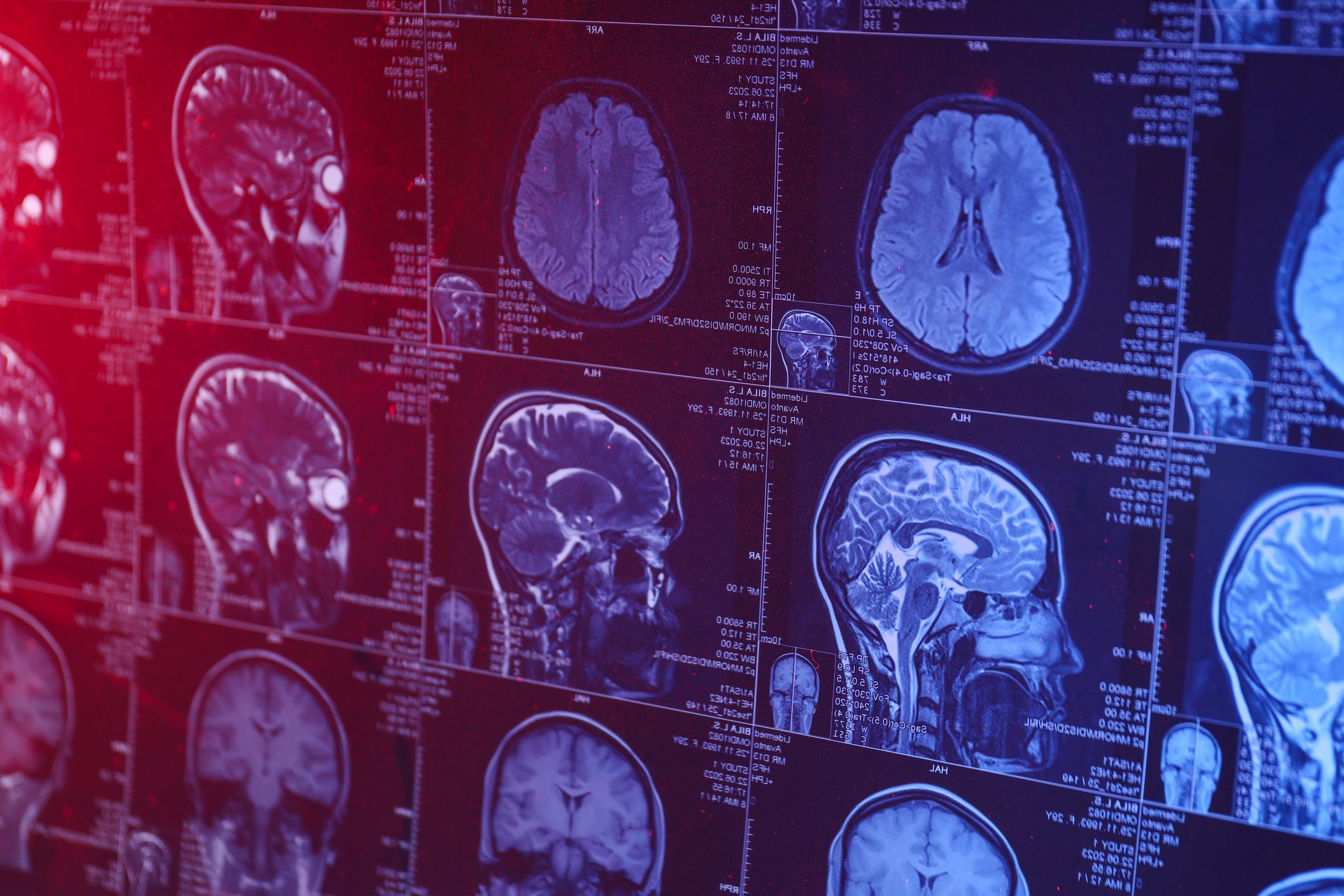The amount of dopamine present in the brain could explain why some people are more motivated to exercise.

- Dopamine is a pleasure-related hormone produced by specific neurons in the brain.
- A new study shows that it is also linked to our motivation to play sports.
- It could also help people with chronic fatigue.
Dopamine is nicknamed the pleasure hormone. It is also involved in reward and motivation. In the review NPJ Parkinson’s Diseasescientists from the Johns Hopkins School of Medicine explain that the amount of dopamine present in the brain could also explain why some people find it easier to exercise.
Dopamine: how does the hormone influence our motivation to perform physical efforts?
“Researchers have long tried to understand why some people find physical exertion easier than others.“, explains Vikram Chib, responsible for this study. He specifies that after a sports session, the “perception” And “self-declaration of efforts made” vary among individuals, and this also guides decisions about future efforts. In this new research, the team focused on the role of dopamine in self-assessment of the effort required for a sports session, “without promise of a reward”.
Parkinson’s patients helped researchers understand the role of dopamine
To understand these mechanisms, the researchers mobilized people with Parkinson’s disease, because the pathology leads to the destruction of neurons that produce dopamine. 19 people took part in the research and performed the same physical task of squeezing a handle equipped with a sensor on different occasions. “One day, patients were told to take their synthetic dopamine medication daily as they normally wouldsay the authors. Other times we asked them not to take their medication for at least 12 hours before performing the test.” The sensor was used to determine a level of effort, but the researchers also asked the participants to estimate the amount of effort needed to complete the task.
“When participants took their synthetic dopamine, their self-reports of effort units expended were more accurate than when they did not take the drug, observe scientists. They also had less variability in their efforts, showing precise pressures when prompted.“In contrast, when they hadn’t taken the drug, they consistently overestimated their efforts,”meaning they perceived the task to be physically more difficult”, say the authors. Another experiment testing their willingness to exert physical effort confirmed these results: when participants took their medication, they were more likely to exert effort.
Towards a better understanding of chronic fatigue?
For the authors of the study, these experiments show that the level of dopamine is a “critical factor in helping people accurately gauge the effort required for a physical task, which can significantly affect the effort they are willing to put in for future tasks”. Better understanding the chemistry of motivation could help find effective ways to help individuals follow physical activity recommendations. But understanding the influence of dopamine could also have implications for the management of chronic fatigue, such as that linked to the long forms of Covid-19 or depression.

















